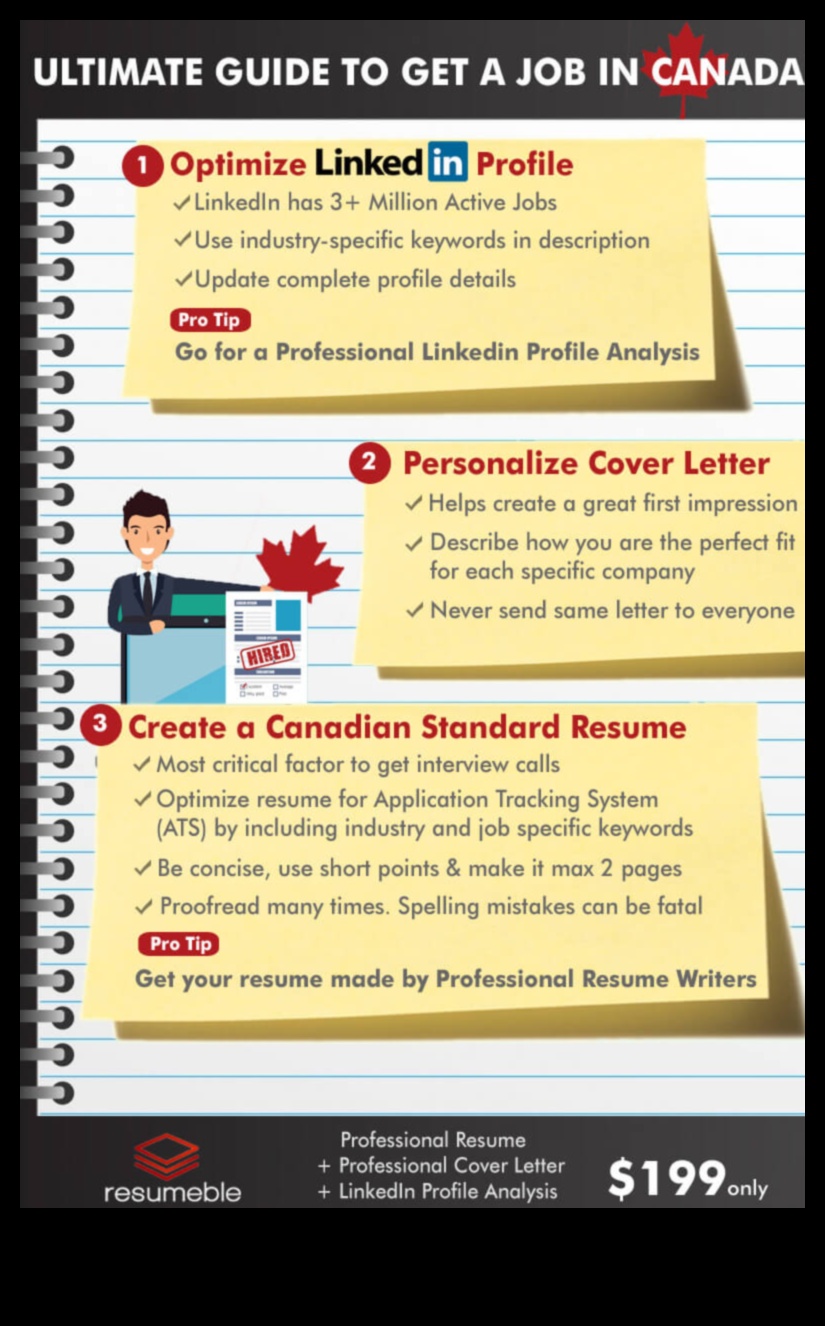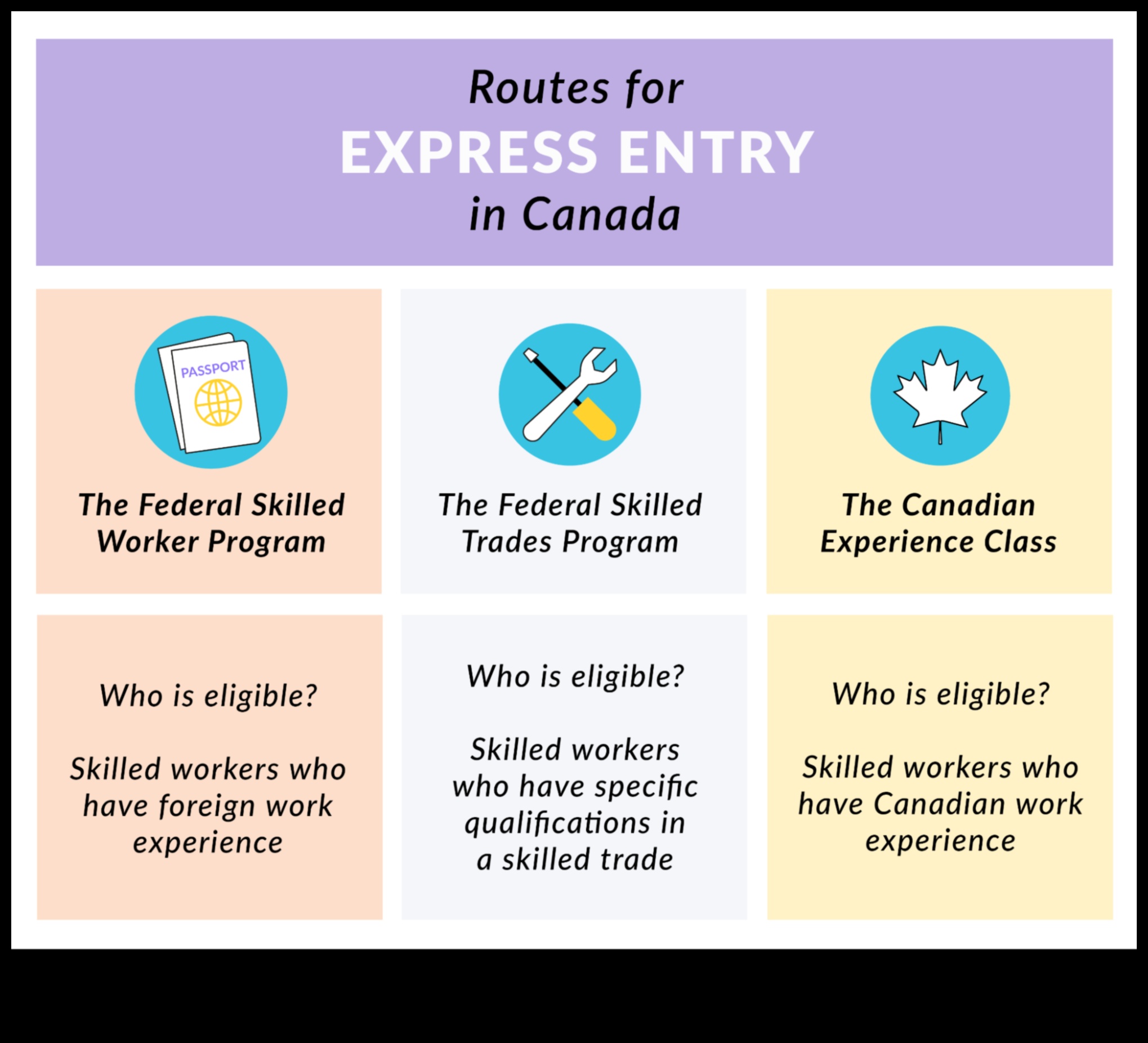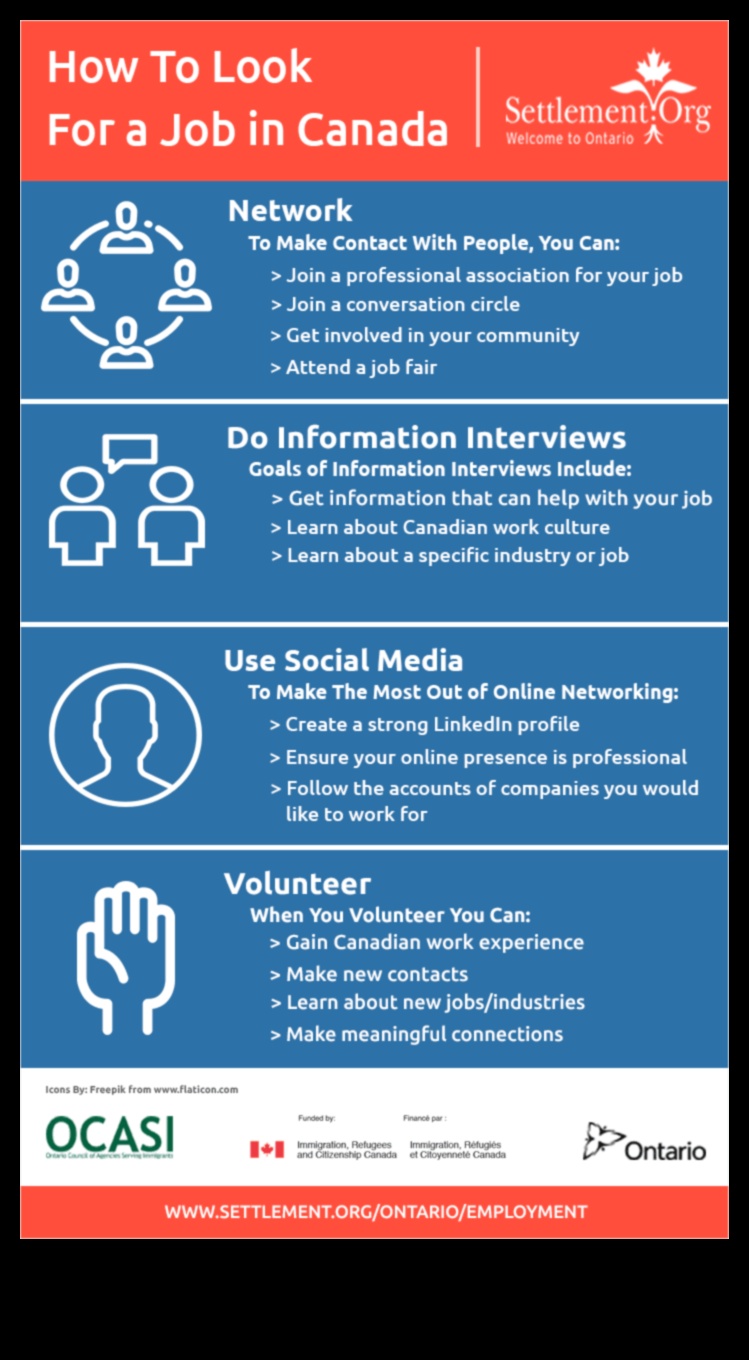
Can I get a job in Canada from US?
1. Introduction
2. Research the Canadian job market
3. Get a Canadian job offer
4. Get a work permit
5. Move to Canada
6. Find a place to live
7. Get settled in Canada
8. Find a job in Canada
9. Start your new life in Canada
10. FAQ
canada immigration
work permit canada
us to canada immigration
americans moving to canada
canadian jobs for americans
People who search for “can I get a job in Canada from US” are looking for information on the possibility of immigrating to Canada for work. They may be interested in learning about the different immigration programs available, the requirements for each program, and the steps involved in applying. They may also be interested in getting advice on how to find a job in Canada and how to adjust to life in a new country.
| Topic | Answer |
|---|---|
| 1. Introduction | This guide provides information on how to get a job in Canada from the United States. |
| 2. Research the Canadian job market | There are a number of resources available to help you research the Canadian job market. |
| 3. Get a Canadian job offer | Once you have found a job in Canada, you will need to get a Canadian job offer. |
| 4. Get a work permit | In order to work in Canada, you will need to get a work permit. |
| 5. Move to Canada | Once you have a work permit, you can move to Canada. |
| 6. Find a place to live | Once you have moved to Canada, you will need to find a place to live. |
| 7. Get settled in Canada | Once you have found a place to live, you will need to get settled in Canada. |
| 8. Find a job in Canada | Once you are settled in Canada, you can start looking for a job. |
| 9. Start your new life in Canada | Once you have found a job in Canada, you can start your new life in Canada. |
| 10. FAQ | This section answers some common questions about getting a job in Canada from the United States. |

2. Research the Canadian job market
Before you start applying for jobs in Canada, it’s important to do your research and make sure that you understand the Canadian job market. Here are a few things to keep in mind:
- The Canadian job market is different from the US job market. There are some industries that are more in demand in Canada than in the US, and some industries that are less in demand.
- The Canadian economy is more regulated than the US economy. This means that there are some laws and regulations that you need to be aware of when you’re looking for a job in Canada.
- The Canadian job market is more competitive than the US job market. This means that you need to be prepared to compete with other candidates for jobs.
To learn more about the Canadian job market, you can visit the following websites:
3. Get a Canadian job offer
In order to get a work permit in Canada, you must have a valid job offer from a Canadian employer. The employer must be able to demonstrate that they are unable to find a Canadian citizen or permanent resident to fill the position. The job offer must be for a full-time position that pays at least the prevailing wage for the occupation in the region where the job is located.
Once you have a job offer, the employer will need to submit a Labour Market Impact Assessment (LMIA) to Immigration, Refugees and Citizenship Canada (IRCC). The LMIA is a document that proves that the hiring of a foreign worker will not have a negative impact on the Canadian labour market.
If the LMIA is approved, the employer will be able to apply for a work permit for you. The work permit will be valid for the length of your employment contract.
You can find more information about getting a Canadian job offer on the IRCC website.

4. Get a work permit
In order to work in Canada, you will need a work permit. There are a few different types of work permits available, each with its own set of requirements. The most common type of work permit is the temporary work permit. This type of permit is issued to foreign nationals who have a job offer from a Canadian employer. To apply for a temporary work permit, you will need to submit an application to Immigration, Refugees and Citizenship Canada (IRCC). You will also need to provide proof of your job offer and your qualifications.
If you are a skilled worker, you may be eligible for a Canada Express Entry work permit. This type of permit is issued to foreign nationals who have a high level of education and skills. To apply for a Canada Express Entry work permit, you will need to create an Express Entry profile and submit an application to IRCC. You will also need to provide proof of your education and skills.
If you are a foreign national who is married to a Canadian citizen or permanent resident, you may be eligible for a spouse or common-law partner work permit. This type of permit is issued to foreign nationals who are married to a Canadian citizen or permanent resident and who are living in Canada with their spouse or common-law partner. To apply for a spouse or common-law partner work permit, you will need to submit an application to IRCC. You will also need to provide proof of your marriage or common-law partnership and proof that you are living in Canada with your spouse or common-law partner.

5. Move to Canada
Moving to Canada is a big decision, and there are a lot of things to consider. Here are a few things to keep in mind:
- The cost of living in Canada can be higher than in the United States.
- The weather in Canada can be very different from the weather in the United States.
- The immigration process can be long and complex.
- You may need to learn a new language.
If you are still considering moving to Canada, there are a few resources that can help you:
6. Find a place to live
Once you have moved to Canada, you will need to find a place to live. There are a number of factors to consider when choosing a place to live, such as the cost of housing, the distance to your workplace, and the amenities that are available in the area.
Here are some tips for finding a place to live in Canada:
- Start your search early.
- Set a budget.
- Consider the location of your workplace.
- Think about the amenities that are important to you.
- Do your research.
You can find a place to live in Canada by searching online, contacting real estate agents, or visiting rental properties in person.
Once you have found a place to live, you will need to sign a lease agreement. A lease agreement is a legal contract between a landlord and a tenant that outlines the terms of the rental agreement.
When you sign a lease agreement, you will be required to pay a security deposit and a first month’s rent. The security deposit is a sum of money that is held by the landlord in case you damage the property. The first month’s rent is paid in advance.
You will also need to provide the landlord with proof of identification and proof of income.
Moving to a new country can be a daunting task, but it can also be an exciting adventure. By following these tips, you can find a place to live in Canada that meets your needs and helps you to settle into your new life.
7. Get settled in Canada
After you arrive in Canada, there are a few things you need to do to get settled in.
- Get a Canadian bank account.
- Get a Canadian driver’s license.
- Find a place to live.
- Register your children for school.
- Get health insurance.
- Apply for a social insurance number (SIN).
- Find a job.
- Start your new life in Canada!
For more information on getting settled in Canada, please visit the following websites:
- Immigration, Refugees and Citizenship Canada: Settling in Canada
- Settlement.org
- Citizenship and Immigration Canada: Settling in Canada
8. Find a job in Canada
Once you have a work permit, you can start looking for a job in Canada. There are a few different ways to do this:
- You can search online job boards, such as Job Bank Canada or Monster Canada.
- You can contact recruitment agencies that specialize in placing foreign workers in Canada.
- You can attend job fairs that are specifically targeted at foreign workers.
- You can network with people who are already working in Canada.
When you are looking for a job, it is important to be aware of the different types of work permits that are available. Some work permits allow you to work in any occupation, while others are only valid for specific jobs. You will need to make sure that the work permit you have allows you to work in the job you are interested in.
It is also important to be aware of the salary expectations for your job. The average salary in Canada is higher than in the United States, but the cost of living is also higher. You will need to make sure that you are able to afford to live in Canada on the salary you are offered.
If you are having trouble finding a job, you can get help from the Canadian government. The government offers a number of programs and services to help foreign workers find jobs in Canada. For more information, visit the Job Bank Canada website.
9. Start your new life in CanadaAfter you have successfully immigrated to Canada and found a job, you can start to build your new life in this country. Here are some tips on how to adjust to life in Canada:
- Learn about Canadian culture and customs.
- Make friends with Canadians.
- Get involved in your community.
- Learn French or English (if you don’t already speak one of these languages).
- Be patient and understanding. It takes time to adjust to a new country.
Starting a new life in Canada can be exciting and challenging, but it is also an opportunity to experience a new culture and make new friends. With a little effort, you can make your new life in Canada a success.
10. FAQ
Q: What are the requirements for getting a work permit in Canada?
A: The requirements for getting a work permit in Canada vary depending on your nationality and the type of work you will be doing. In general, you will need to have a valid job offer from a Canadian employer, be able to speak English or French, and have enough money to support yourself while you are in Canada.
Q: What is the process for getting a work permit in Canada?
A: The process for getting a work permit in Canada can vary depending on your nationality and the type of work you will be doing. In general, you will need to submit an application to Immigration, Refugees and Citizenship Canada (IRCC). You will also need to provide proof of your job offer, your qualifications, and your financial status.
Q: What are the benefits of working in Canada?
A: There are many benefits to working in Canada, including:
- A high standard of living
- A strong economy
- A diverse and multicultural society
- A great place to raise a family